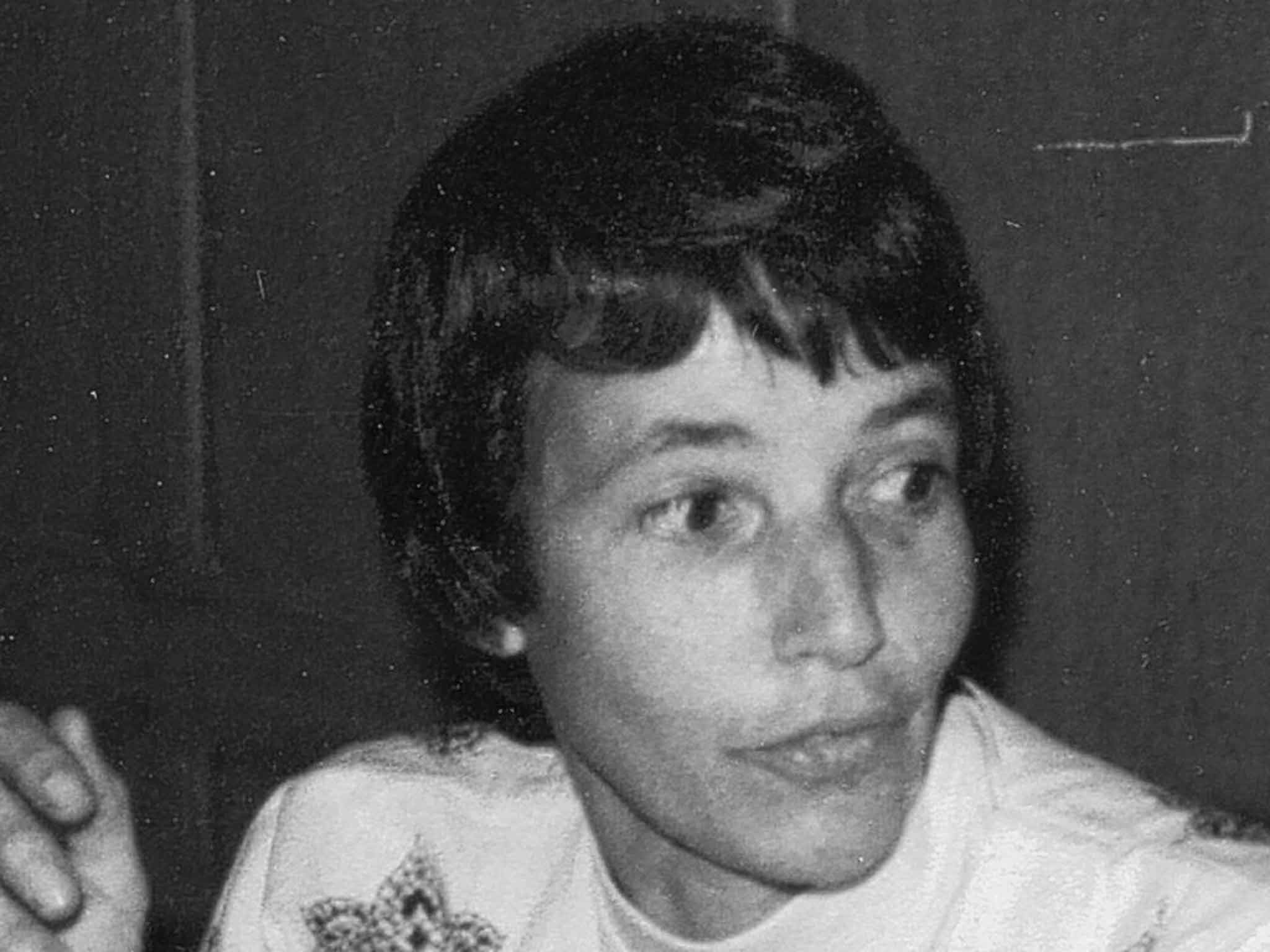Leonore Davidoff: Sociologist and historian whose own experiences helped her become a world-renowned pioneer of gender studies

Leonore Davidoff was internationally recognised as a key pioneer of gender studies in history and sociology. Her book Family Fortunes (1987), written with Catherine Hall, is a brilliant demonstration of the new insights which gender perspectives can yield. Her work drew on her lifetime experience of gender relations and her courageous search for a space to develop her own imaginative originality.
Although born in New York in 1932, her later childhood was in a small Connecticut community of white Protestants in which a family of Jewish immigrants from Eastern Europe stood out, despite having become believers in science rather than religion. This was an early lesson in marginality. Her family were striking professional achievers. Her father was a distinguished New York surgeon, her brother and her older sister also doctors, and her younger sister married to a psychologist. Leonore's mother was a powerful model, "a towering presence" who later became a feminist activist.
Leonore, however, did not want to become a doctor. At 17 she broke with the family's scientific tradition by going to Oberlin College to read music. She soon switched from music to sociology and at 21 went to LSE for her graduate studies, writing a substantial thesis on married women's employment. It was never published; it was hard then to relate to mainstream thinking. There was no feminist movement to relate to, and she could not see any future in it.
She had met David Lockwood, and in 1954 they married. With the births of their three sons, for some years she had no institutional research basis and her life revolved around her new family. Professionally she and Lockwood did not forge an intellectual partnership: his thinking continued to centre on class, and he never accepted gender as a major social dimension. Hence marriage and motherhood for Davidoff implied another struggle to keep her own imaginative space outside the family.
The worst phase was when Lockwood took up a lectureship in Cambridge in 1961. The atmosphere was hostile to sociology and Leonore was further marginalised as a faculty wife. She describes this as "a very difficult time" in which "I was very, very isolated."
It was only in 1968, when Lockwood was appointed a professor in the booming new Department of Sociology at Essex, that she was able to find an understanding circle of colleagues and relaunch her academic career. The department from the start had included women staff and was quick to respond to the new interest in sexual divisions.
Davidoff had devised a project on domestic servants, and support from the Nuffield Foundation led to The Best Circles (1973). She was to remain at Essex for the rest of her career, from 1975 as a lecturer and from 1991 as a Research Professor, and finally, after retirement, as Professor Emerita.
Initially while she was writing it was still difficult to find an understanding audience, so she told of explaining it to the dog on her walks. However, by the early 1970s the situation was changing: the Women's Movement had become translated into Women's History, and from this point on she had a keen audience.
She became a feminist activist, running a Feminist History Group in London and helping set up the Women's Research and Resources Centre, which became the Feminist Library – "That was a very exciting time," she recalled. She became internationally known, especially as the founding editor of Gender and History from 1987.
In 1973-74 she began teaching a course on Sex Divisions in Society in the new MA in Social History, which soon became Gender and Social History. She was an inspiring and caring teacher, and co-wrote two books with former students: Our Work, Our Lives, Our Words (1986) with Belinda Westover, and The Family Story: Blood, Contract and Intimacy (1999) with Megan Doolittle, Janet Fink and Katherine Holden.
Davidoff's research included work on Arthur Munby relating to the servant theme – he had roamed the streets of Victorian London, chronicling the lives of working women – and a new perspective on the family, The Separation of Home and Work? Landladies and lodgers in 19th and 20th century. Her last book was on siblings, Thicker than Water (2012).
Her masterpiece, written with Catherine Hall, is Family Fortunes: Men and Women of the English Middle Class 1780-1850. It looked at the family relationships and businesses of middle class entrepreneurs in Birmingham and East Anglia, Hall researching the former, Davidoff the latter. It is a brilliant book, highly readable, interweaving gender and class perspectives, bridging public and private worlds, and alternating theoretical insights with fascinating local family detail. It transformed our understanding of 19th Century Britain, showing how the gendered division of labour within families was the basis on which early capitalist enterprise was built. Changing the way we see the past, it received worldwide acclaim.
Leonore Davidoff made an immense contribution to gender history and social history internationally. She was a woman of imagination, courage and beauty. We shall deeply miss her presence in our lives.
Leonore Davidoff, historian and sociologist: born 31 January 1932; married 1954 David Lockwood (died 2014; three sons); died 19 October 2014.
Subscribe to Independent Premium to bookmark this article
Want to bookmark your favourite articles and stories to read or reference later? Start your Independent Premium subscription today.

Join our commenting forum
Join thought-provoking conversations, follow other Independent readers and see their replies